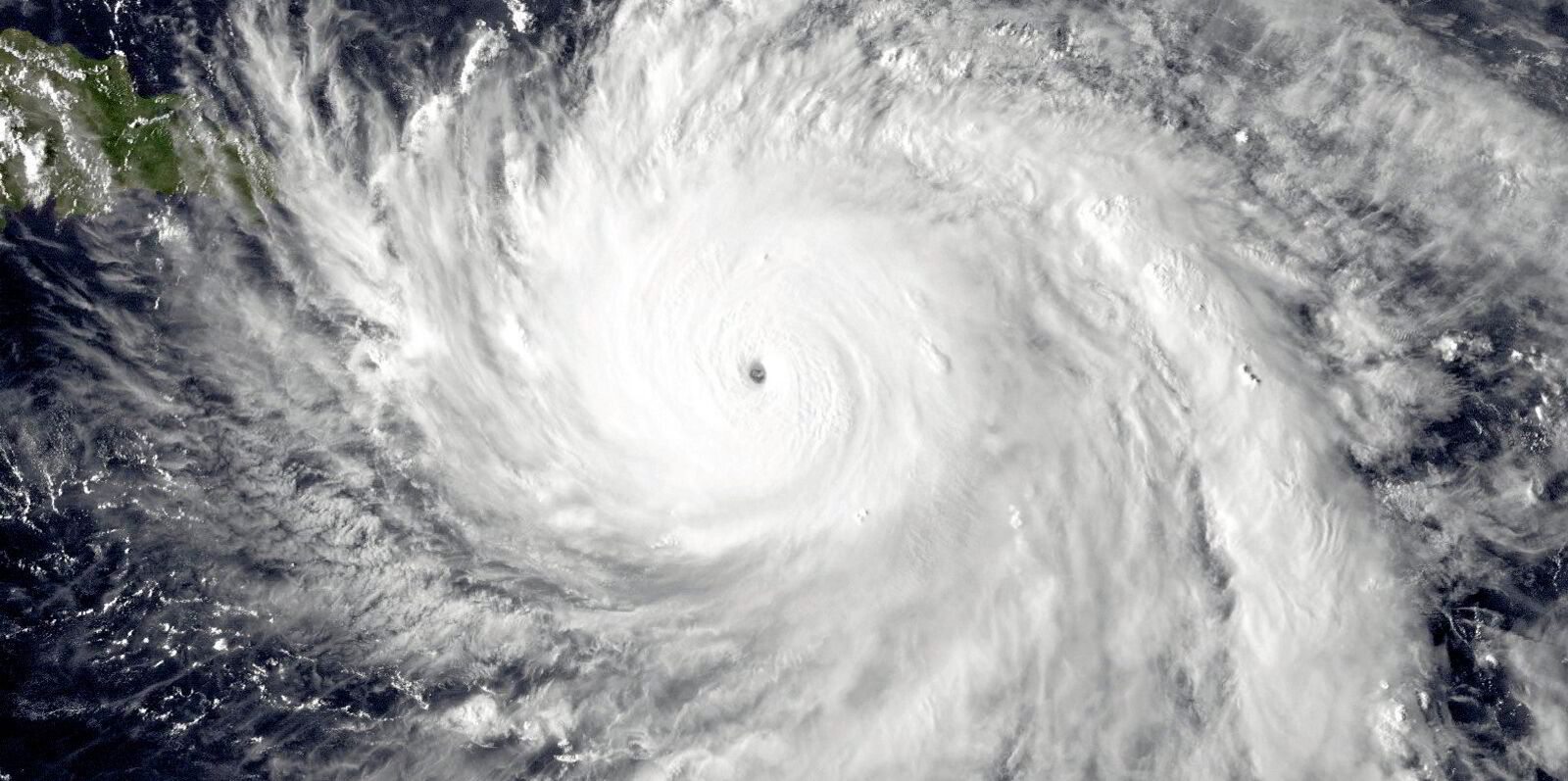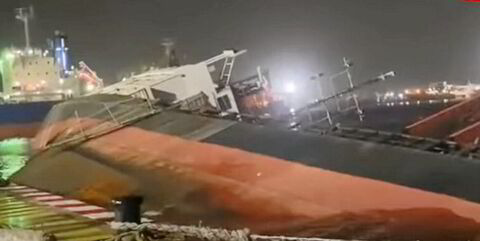The conveyor belt of shocks that have hit global trade since 2020 has inspired a new $50m insurance facility to cover loss of business for ports and terminals.
The policy is seen as an addition to traditional port insurance designed to address the knock-on impact of disruption from major weather events and political crises that change shipping patterns.
The policy, developed by Marsh and Tokio Marine Kiln, seeks to address the gap in regular port cover that relies on physical damage or barriers to entry to justify payouts.
Under the facility, ports can get extra cover for loss of business if ships are diverted or refuse to sail there because of wider events.
The string of global crises since the Covid-19 pandemic has exposed the vulnerability of supply chains and the impact on ports often far from the affected areas.
Houthi attacks in the Red Sea have led to a big drop in Egypt’s Suez Canal revenues as most ships reroute via the Cape of Good Hope.
Ed Parker, head of special risks at Tokio Marine Kiln, said that port authorities are developing an increasing awareness of what could go wrong globally and how that could affect their businesses.
He said there has been a shift in thinking from purely protecting assets to protecting balance sheets from the impacts of changing trade.
“The multiple events of the last three, four years have demonstrated to port owners, or port users … that no one can really afford to be complacent around their business model. It has promoted a risk awareness mindset,” he said.

Insurance broker Marsh launched another $50m policy last month to cover loss of revenue caused by port blockages similar to that in Baltimore.
The port was closed for 11 weeks after the 9,962-teu container ship Dali (built 2015) brought down the Francis Key Scott Bridge in March, causing a huge loss of business in the city.
In a court filing related to the Dali, the state of Maryland said state and local authorities collected more than $640m in taxes from port activities in Baltimore in 2023.
Louise Nevill, CEO of UK Marine at Marsh Specialty, said: “Business interruption events stemming from geopolitics, trade disruption and weather-related incidents are increasing in their frequency and severity around the world, which is resulting in debilitating consequences for businesses involved in international trade.”
Read more
- Broken bridge and a baby swing: US state brings massive claim as damages pile in over Baltimore disaster
- P&I clubs and shipowner hire Washington lobbyist over Baltimore disaster
- Baltimore bridge disaster could hike reinsurance bill by up to 20%, warns broker Marsh
- Cargo ship hit by Russian missile debris in Odesa with injuries reported
- Disaster waiting to happen: Finnish owners warn on Baltic shadow fleet risk




